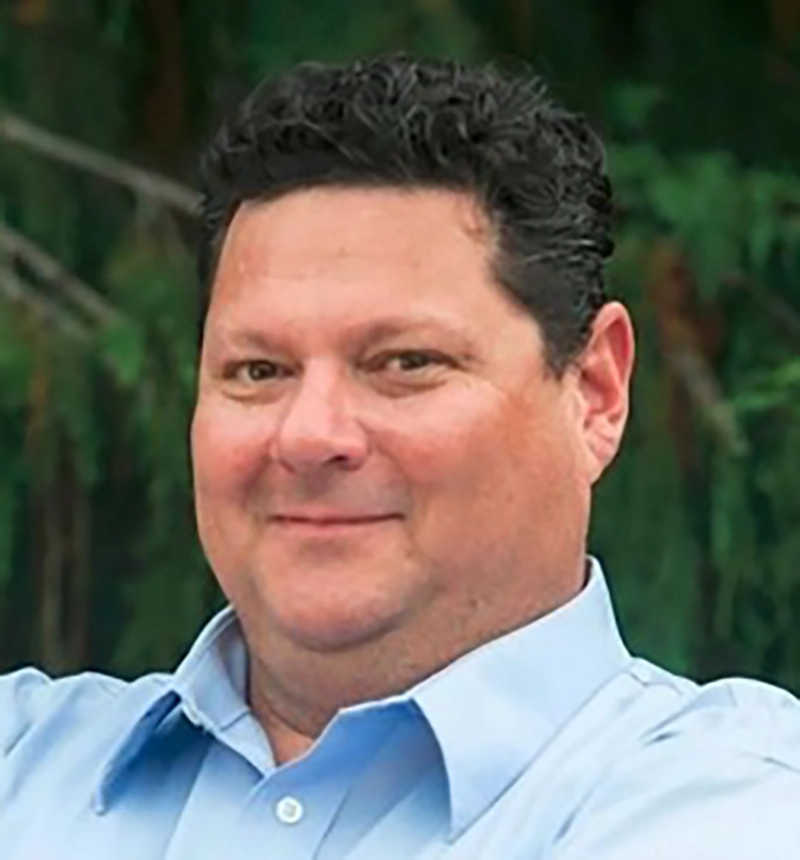Mandatory Composting: Good Intentions, Mixed (Waste) Results?

Author: Mark McDaniel
I had the pleasure of joining AlterEcho colleague Ryan Miller in Austin, TX, last week at Compost2022, the premier composting industry conference, and there was lots of talk about California’s new organics recycling mandate that requires all cities to provide composting for business and residents. While many states and cities have laws to divert organics from landfills, California’s SB 1383 is the most ambitious and comprehensive to date, with a goal of reducing organics in landfills by 75 percent by 2025. Composting laws or mandates are almost always controversial, and at an estimated $40 billion cost to implement, coupled with fines for non-compliance, California’s plan is no exception. Here is an exhaustive Harvard study for those who want to go down the rabbit hole.
You might be surprised to learn, however, that while most of the composters we talked to agreed that organics diversion must increase, they don’t think mandates and laws are the best idea. Why? Because they lead to compost feed stocks with high contamination, especially for residential collection. Composters tend to favor voluntary participation, with a focus on education and outreach to reduce contamination. While most Americans want increased organics diversion and recycling, they are not particularly good at segregating the trash into different bins and making sure items are suitable for recycling (think pizza boxes, with some moldy cheese still on the lid). Contamination, according to The Recycling Partnership, “refers to the material that residents include in their compost or recycling collection but is not accepted in their curbside program, as well as material that is on the list of acceptable materials but has unacceptable amounts of residue.” The partnership states that contamination rates in many communities can be as high as 30 percent—significantly adding extra costs and challenges to recycling and composting efforts.
Mandates like SB 1383 tend to overlook this key issue. At AlterEcho, we would like to see whole-garbage composting, where there is one bin collected, with recycling and organics automatically removed at a facility. There are pioneers already taking this approach, like Sevier Solid Waste, Inc., and Waste Management’s new Oakland, CA, facility that Urbaser designed and operates.
So, as is often the case in the environmental legislative arena, many in the composting industry will be looking to see what some of the takeaways will be from California’s out-front initiative. Good or bad, it will likely provide some helpful direction in developing the future growth of composting.
Mark McDaniel is a Certified Professional Analytical Chemist who works with AlterEcho clients on numerous chemistry and environmental issues.
About AlterEcho: AlterEcho helps businesses of every size Do Well AND Do Good.
Our team includes attorneys, engineers, chemists, hydrogeologists and environmental scientists with
more than three decades of experience working with federal and state environmental agencies, nonprofits, law firms, and companies ranging from start-ups to Fortune 500 firms.